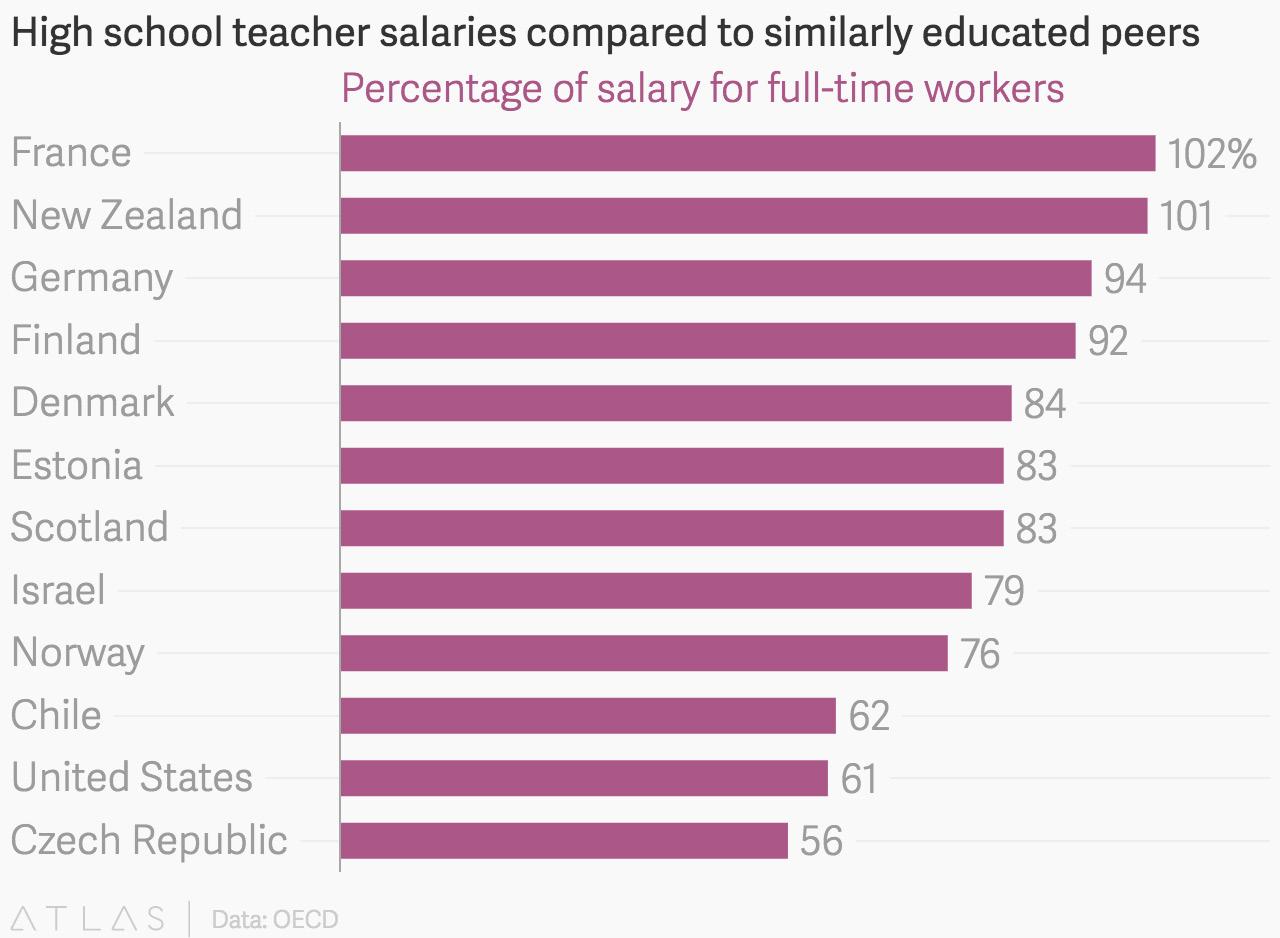Your Association
I
How Much Do You Need in Retirement?
t’s a big number for sure. A seemingly unimaginable number, especially on an educators’ salary. But according to some studies, fewer than half of all Americans have ever tried to even determine what their number is. Depending on your age, you may have different views on how much your pension and Social Security will actually help you in retirement. Regardless, financial advisors will tell you it’s a good idea to go back to that number that you should know and have perhaps been avoiding.
Turning Half a Year Older Matters
Depending on who you ask, financial experts suggest you need anywhere between 8 and 12 times your annual pay. That means a household earning $75,000 a year would need to have saved $825,000. The longer you work the less money you need as is true of the opposite. If you retire at age 62 under this same scenario you would need to have banked $1 million for retirement. Of course, these are just estimates and how much you need will depend on your spending.
What to do now?
Surprising things you may not know about retirement Medicare Does Not Cover All of Your Health Costs When you hit age 65, it’s time to enroll in Medicare. But just as with the health insurance you’ve had throughout your working years, you’ll have to pay premiums for Medicare coverage and co-pays on covered services. And some services -- such as long-term care -- aren’t covered at all. The average 65-year-old couple will pay $240,000 in out-of-pocket costs for health care during retirement, according to Fidelity Investments. And that does not include those potential longterm-care costs.
Once you hit age 59 1/2, you are no longer subject to the 10% early-withdrawal penalty if you take money out of your IRA or 401(k). Withdrawals of your earnings from a Roth IRA will no longer be subject to that penalty, either (assuming you’ve owned a Roth IRA for at least five years). And starting in the year in which you turn 70 1/2, you must take required minimum distributions from traditional IRAs and 401(k)s.
As an MEA member you have access to a variety of resources for free to help you plan going forward, whether you’re 25, 55 or 65. For more on preparing for retirement based on your life stage, visit the NEA Member Benefits Retirement Planning Center at neamb.com. You’ll also find a retirement income calculator, tips on how to plan your saving strategy, information on investment mistakes you need to avoid and the monthly Kiplinger Retirement Report newsletter, which is free for MEA members.
Not sure where to start or if you’re on the right track? NEA has a 5- minute retirement online retirement check-up. Head to the Maine Educator Online to gauge your personal path to retirement. Visit maineea.org for more Information. This article is for informational purposes only and does not constitute the provision of investment advice. Brought to you by NEA Member Benefits. Some content provided by: The Kiplinger Washington Editors
MEA/MEA-R Pre-Retirement seminars 9/14 Ellsworth - Elementary/Middle School 4-7 p.m. 9/21 Auburn - Middle School Cafeteria 4-7 p.m. 9/28 Rockland - South School former Rockland Middle School - 4-7 p.m. 10/5 Kennebunk - Middle School Cafeteria 4-7 p.m.
10/12 Skowhegan - Middle School - 155 Academy Circle - 4-7 p.m. 10/22 Caribou - Middle School - 9 a.m.-12 p.m. Contact Dianne Leighton via phone (207)622-4418+ext. 2400 or by email at dleighton@maineea.org
February 2017
• www.maineea.org
29










